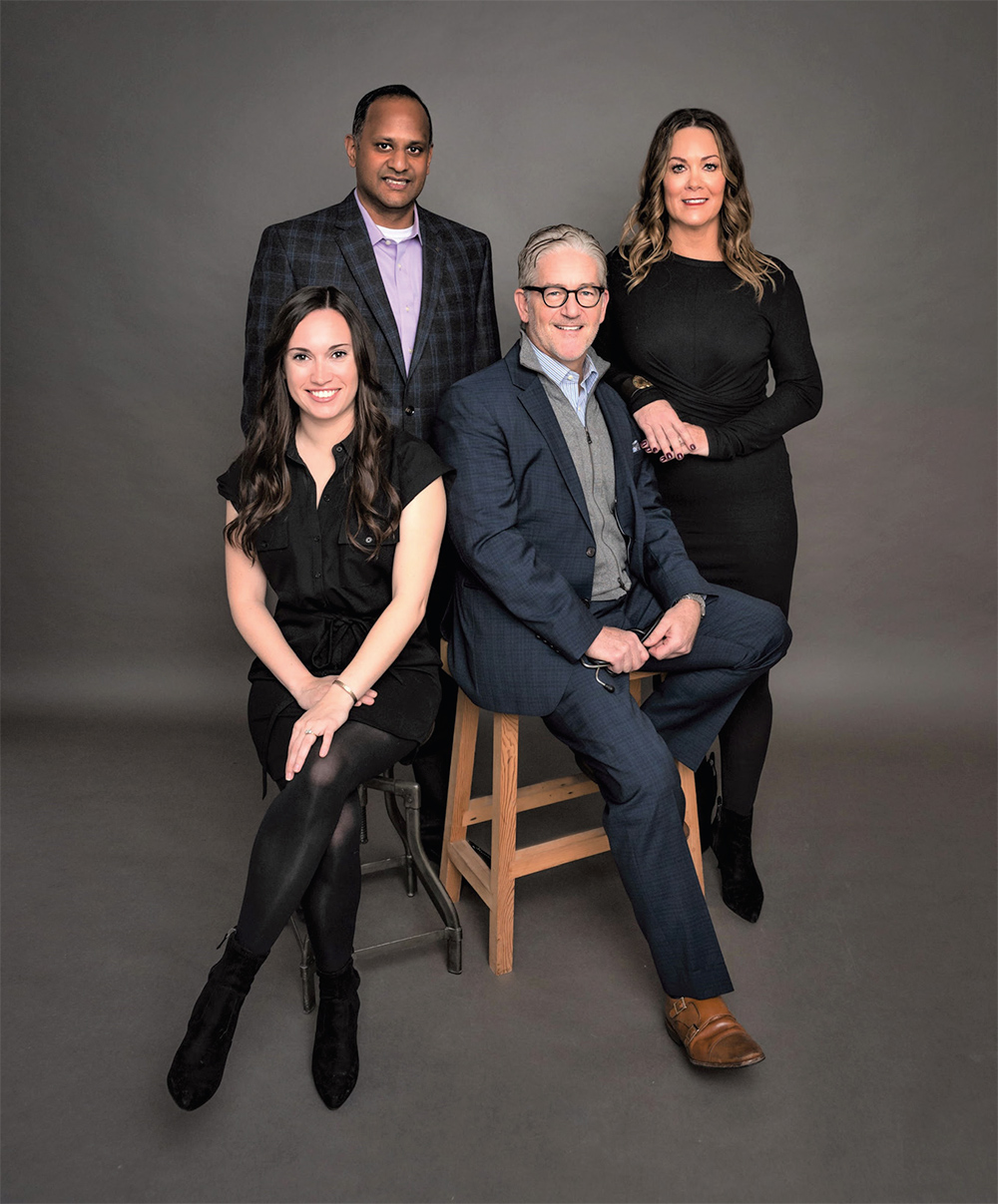
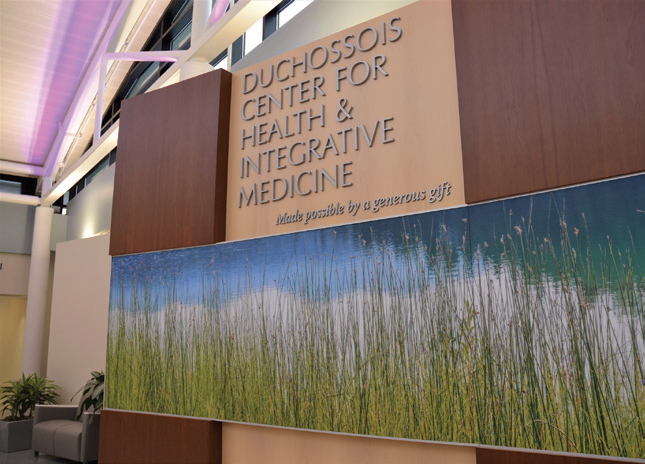
We are sick of treating cancer,”says Dr. Barry Rosen, a breast surgical oncologist and co-medical director of the soon-to-open Cancer Prevention Program at Advocate Good Shepherd Hospital. There were approximately 1.8 million cancer diagnoses and more than 600,000 cancer deaths in the United States in 2020; it is estimated that as many as 40% of Americans will be diagnosed with cancer in their lifetime. Rosen knows this all-too-well, as he and his co-medical director, Dr. Sandeep Chunduri, a medical oncologist at Advocate Good Shepherd, have cared for thousands of cancer patients over the past decade. “If we are going to stand any chance to reverse this trend, we must identify those at highest risk and find ways to prevent their cancers, or at least diagnose them before they spread,” says Chunduri.
With this vision in mind, the doctors approached leadership at Advocate Good Shepherd to design a program that would shift cancer care from treatment to prevention, enlisting longtime healthcare administrator and Oncology Nurse Stephanie Boecher to build this program from the ground-up. Boecher notes that there are very few cancer-prevention programs in the world.
“Many hospitals offer high-risk programs that focus on genetic testing, and while helpful, genetics play only a small role in the overall number of people who develop cancer,” Boecher said. “Cancer is often a by-product of our environment, and the risks can be mitigated by precision prevention and early detection. We must identify those who are at greatest risk and design surveillance strategies individualized to that person’s risk profile. In this setting, one size does not fit all.”
This strategy dovetails very well with Advocate Health Care’s emphasis on population health. “We are on a journey in the United States to go from fee-for-service to value-based care, which has the aim of creating higher quality care at a lower total cost of care,” Senior VP, Chief Population Health Officer at Advocate Don Calcagno, said. “This approach will provide success over time, and while the cost of up-front cancer screening is absorbed in the early days, over time the quality will be higher and the total cost will be lower.”
The core elements of the program are identifying those at highest risk for cancer, tailoring a surveillance program unique to that person’s risk profile, and offering practical interventions to lower their risk. Patient evaluation will require a thorough medical and family history undertaken by a team of clinicians who, with the assistance of a larger team of cancer doctors, will design an individualized surveillance strategy based on their unique cancer risks. At the heart of the program will be nurse navigators to help streamline the process and keep people on track with the program. The newest member of the team, Maggie Wheat, was brought in based on her experience as a cancer navigator. “Navigating this journey on your own can cause you to feel lost or frustrated—my role is to help prevent those feelings.”
The Cancer Prevention Program office will be in the West Pavilion of the hospital, strategically placed down the hall from the Center for Health and Integrative Medicine. Dr. Lori Walsh, Medical Director of the Center, notes, “If you are facing an illness, our team can design a plan that helps support your healing, while working in harmony with your conventional medical treatment. We can also assist if you want to feel better and live healthier. From eating smarter to fighting cancer, we’re here to help.”
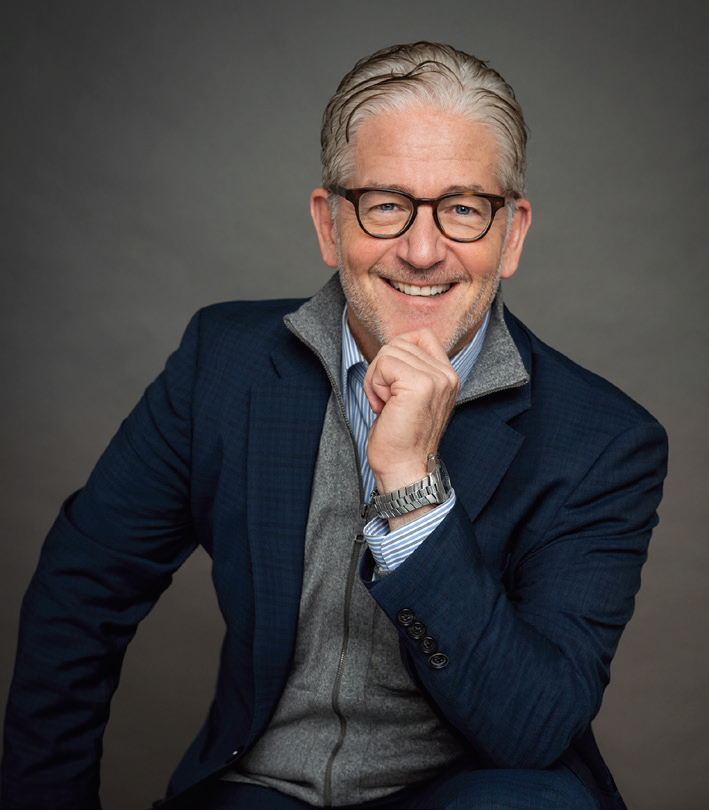
“Each and every one of us must know and own our risk.”
I first met “Sally”(name changed to respect privacy) when she was barely in her 30’s, battling an advanced breast cancer that was completely preventable had she received the genetic testing that should have been offered to her years before. Though sick and clearly suffering, she said that she did not regret her diagnosis because her cancer led to her twin sister finding out that she also carried the BRCA gene and could take steps to prevent the same fate. Sally passed away this year at 35. It’s for her and others’ memories that we are building our Cancer Prevention Program.
The reality is that almost half of us will develop cancer in our lifetime unless we take active steps to prevent it. Regrettably, if we wait for symptoms to develop, it is often too late. All of us must know and own our risk. I can speak to this first-hand. My father had colon cancer in his 50s. I had my first colonoscopy at 40—a decade before screening guidelines recommended at that time—and was fortunate that a pre-cancerous growth was identified before it would have inevitably advanced to an invasive cancer.
Through our program, we can offer genetic testing which can tell us within weeks if one has inherited a predisposition to any of a number of different cancers. We can then take proactive steps to modify that risk and develop surveillance strategies to catch cancer before it is fatal. For example, women with a BRCA mutation have a 7-in-10 chance of getting breast cancer by age 80, and are more likely to be diagnosed at a younger age. The risk of developing ovarian and other cancers also increases. Knowing this, a thorough screening plan can be developed, or we can take either pharmacologic or surgical measures to substantially lower risk.
Regrettably, yes. Certain cancers are more related to our environment than our genes. Simple, affordable tests such as mammograms, colonoscopies, PAP tests, and lung scans can find cancers early, ideally when easily curable. We now have a “liquid biopsy”—a test that can detect over 50 different cancers with one simple blood draw. What tests should you get and when? We can help you sort through this maze of testing and develop a precision plan for you.
No, and we can take action to lower our risk. Our office is located by design next to our Center for Health and Integrative Medicine, where you can work with health coaches to develop a personalized plan to reduce your risk, centered on nutrition, exercise, and stress reduction.
We recognize that we have a long journey ahead as we try to transition from treatment to prevention. However, we know that it will only come from our community taking an active step in their health and owning their risk— and we hope we can help.

“And when it comes to cancer, as with most things in life, an ounce of prevention can be worth a pound of cure, especially because 40% of people will be diagnosed with cancer in their lifetime.”
I have been an oncology nursefor 20 years, and in that time, have seen incredible advances in cancer detection and treatment. Beyond treatment, today, we’re learning how to prevent cancer.
Yes, I said prevent.
And when it comes to cancer, as with most things in life, an ounce of prevention can be worth a pound of cure, especially because 40% of people will be diagnosed with cancer in their lifetime.
The problem is that people who are at high risk for developing cancer may not know or have access to the latest screening and detection tools. Even if they do, many do not schedule routine screenings or other preventative care. Life can get in the way.
That is why we decided to create the new Cancer Prevention Program at Advocate Good Shepherd Hospital, a pilot approach to cancer prevention and detection, set to open in the first quarter of 2023. Our team will help people:
The Program is focused on preventing and detecting a variety of cancers, including breast, lung, colon, prostate, pancreatic, ovarian, and cervical cancers, as well as melanoma.
We have designed it to serve ‘previvors’—people who are at high risk for developing cancer, but haven’t been diagnosed—and survivors—people who, because they have already been diagnosed and treated for cancer, are at a higher risk of cancer reoccurrence or of developing a second type of cancer.
Our goal is two-fold. First, empower people with the best prevention strategies and a deep understanding of their unique cancer risk factors. Second, ensure people follow-through with follow-up care and lifestyle changes like losing weight or quitting a smoking habit that can be hard to execute alone. Underpinning this work, we aim to connect our patients to supportive resources like counseling, massage, acupuncture, and other therapies offered at our Center for Health and Integrative Medicine that can help mitigate cancer risk and manage the physical, emotional, and mental toll that cancer leaves in its wake.
If we can add these tools to our toolbox, we can prevent cancer, or at least, catch cancer early when treatment is most successful. We recognize that we have a long journey ahead as we try to transition from treatment to prevention. However, we know that it will only come from our community taking an active step in their health and owning their risk. We hope we can help.
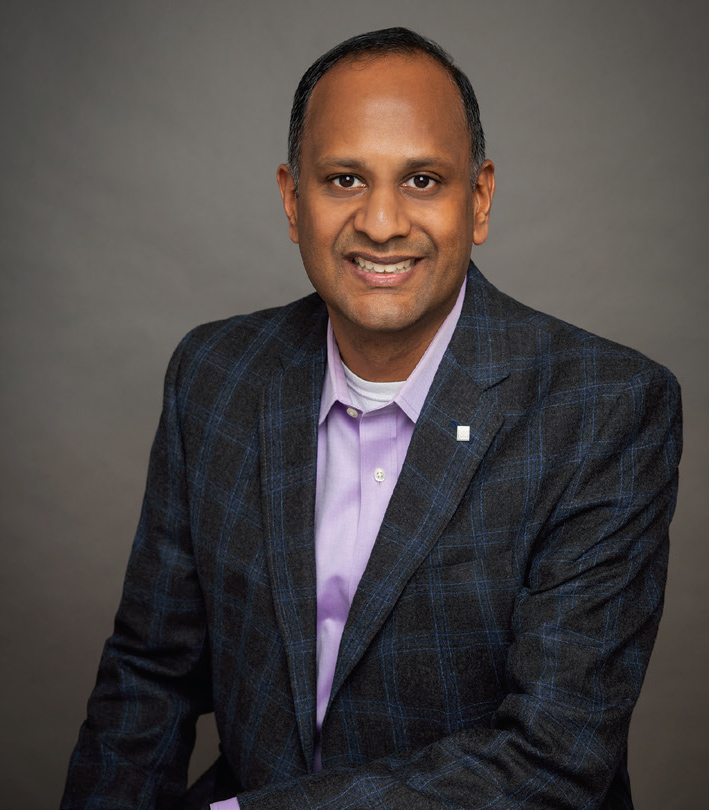
“As a medical oncologist, it’s disheartening to see advanced stage disease that could have been prevented.”
Too often,I meet with patients and families who are in a dire situation, facing not the hope of a cure, but the reality of controlling cancer’s symptoms to preserve quality of life for as long as we can. These conversations are devastating for patients, and as a medical oncologist, it’s disheartening to see advanced stage disease that could have been prevented.
There are more cancer survivors these days because of our ability to screen people for disease: mammography and breast imaging, colonoscopies, PAP testing for cervical cancer, and low-dose CT scans that can help us detect cancer long before there are any symptoms, when cancer is most treatable.
But understanding what screening you need and when depends on your individual risk factors along with family risk factors. Let’s start with some general guidelines, but I would encourage everyone to talk to your family doctor or visit our Program to understand if, based on your unique risk profile, you should consider more frequent, additional, or earlier screening.
In general, for women, cervical cancer screening, otherwise known as a PAP test, should begin by age 25.
Women should begin getting annual mammograms when they turn 40.
To reduce the risk of colon cancer, annual colonoscopies or stool sample tests are now recommended to everyone age 45 and older.
If you are over 50 and smoke or have quit smoking in the last 15 years, it’s important that you talk to your physician about lung cancer screening. An annual low-dose CT scan is recommended for those in this category who have at least a 20 pack-year smoking history. To calculate your smoking history, multiply the number of packs of cigarettes smoked per day multiplied by the number of years smoked.
These and other screening tools allow us to rule things out, or we rule things in, instead of diagnosing cancer at a late stage. Again, these are general guidelines, and part of the reason we started the Cancer Prevention Program is to tailor screening and surveillance tools to your unique risk profile and history. Together, we develop a treatment protocol from there.
An added benefit to testing: If we do find something—a genetic disorder like a BRCA mutation for example—then we can also recommend testing for the entire family. We’re not only empowering one person with an understanding of their cancer risk, but current and future generations, as well.
I chose this specialty for two reasons. First, I love my patients and their families. I want to help them and to connect with them along their journey which fills me with purpose. Second, I believe the field of oncology is one of the most fascinating because of the incredible advancements we’re making when it comes to treatment and detection. There are even more exciting developments in the pipeline, and I’m proud to be able to bring leading edge care to my practice.
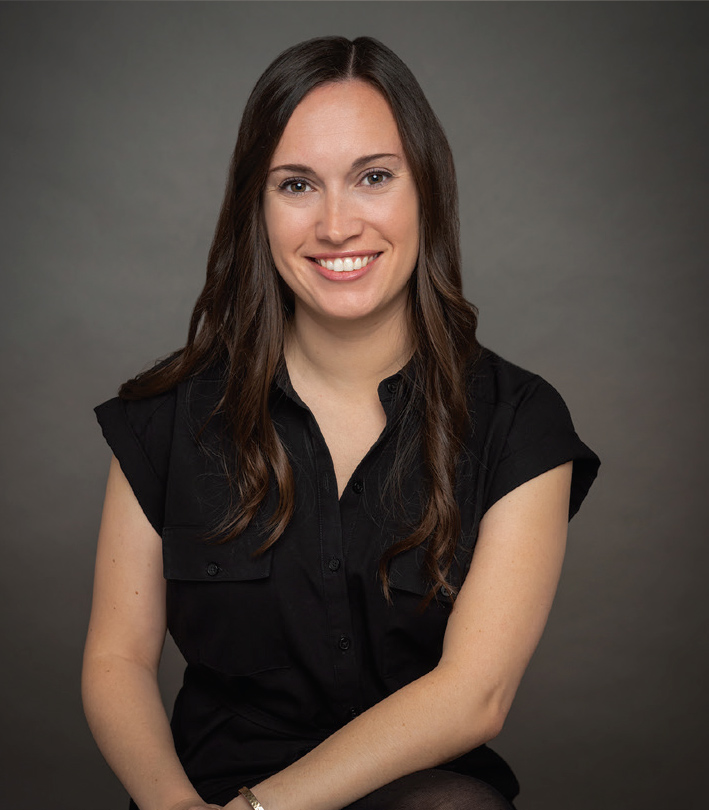
“We are here to help make things a little bit easier and make sure you have less to worry about.”
Learning that you arE at higher risk of developing cancer can be scary, and you might be unsure of what to do next. It can be challenging to ensure you are getting the appropriate follow up at the right time.
As a nurse navigator with the Cancer Prevention Program, I am here to help guide you through screenings and help arrange further follow up. Navigating this journey on your own can cause you to feel lost or frustrated. My role is to help prevent these feelings.
Nurse navigators are with you from diagnosis and through the entire treatment process, or in this case, the risk assessment and mitigation process. We help provide personalized care to patients, from helping to answer clinical questions to financial concerns and everything in between. There are often many providers and healthcare team members involved in a patient’s care, so the nurse navigator serves as the point of contact, acting as the middleman to help decrease stress for the patient.
At the time of your referral to the Cancer Prevention Program, you will receive a call from a nurse navigator like me to discuss your medical history and cancer risk factors. After our conversation, we will set you up for an appointment with an Advanced Practice Clinician, who will take a deep dive into your cancer risk factors and help develop an individualized care plan for you to follow. Depending on their recommendations, we will ensure you have all the appropriate screening exams ordered and all the necessary follow up appointments arranged.
Working with a nurse navigator prior to a diagnosis of cancer can help decrease some of your stress. We are here to help make things a little bit easier and make sure you have less to worry about. Life gets busy, and we have all forgotten to schedule an appointment, but our job is to help make sure that does not happen. We will be there to help arrange for your screening exams, follow-up care, and referrals to other specialists, if needed.
Additionally, there are steps you can take today to prevent cancer.
I have been an oncology nurse for over five years, and I have learned so much in that time. But what I enjoy the most are the relationships I develop with patients. I truly enjoy getting to know them and their families. I love to hear about places they have traveled, their favorite restaurants in the area, and how they like to spend their free time. I love what I do, and I love getting to know who they are outside of a cancer diagnosis.
Share this Story